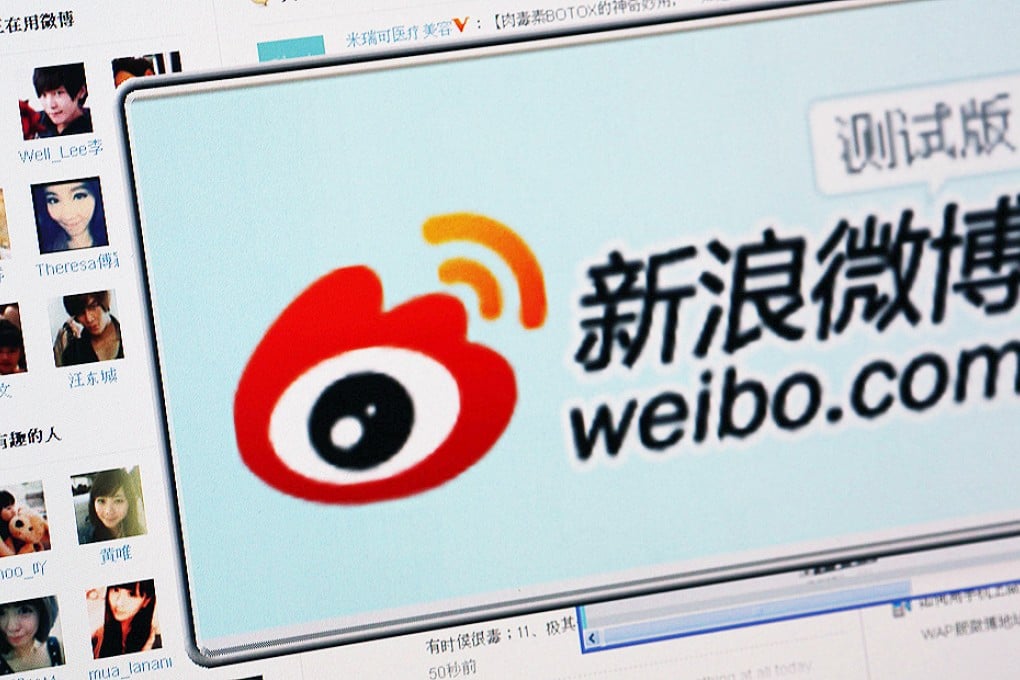Weibo more heavily censored during Hong Kong's July 1 march than on Tiananmen anniversary
China’s government censored Weibo, more on July 1, when record numbers of Hong Kong residents joined the pro-democracy march, than it did on June 4.

China’s government censored Weibo, the nation’s biggest microblog platform, more on July 1, when record numbers of Hong Kong residents joined the pro-democracy march, than it did on June 4, the anniversary of the Tiananmen Square crackdown.
The ratio of censored postings – over twice as many as that on an average day – also surpassed that of 64.5 posts out of each 10,000 made on June 4 this year, the anniversary of the Communist Party’s violent Tiananmen Square crackdown in 1989.
June 4 is usually the busiest day for national censors to suppress comments bloggers posted on the incident on social media such as Weibo.
Professor Fu King-wa, who administers the HKU media project, said 2,006 posts were taken down by the authorities out of some 282,000 posts Weiboscope tracked on that day. The study is based on a sample of 51,232 selected Chinese microbloggers who have more than 1,000 followers or whose posts are frequently censored.
